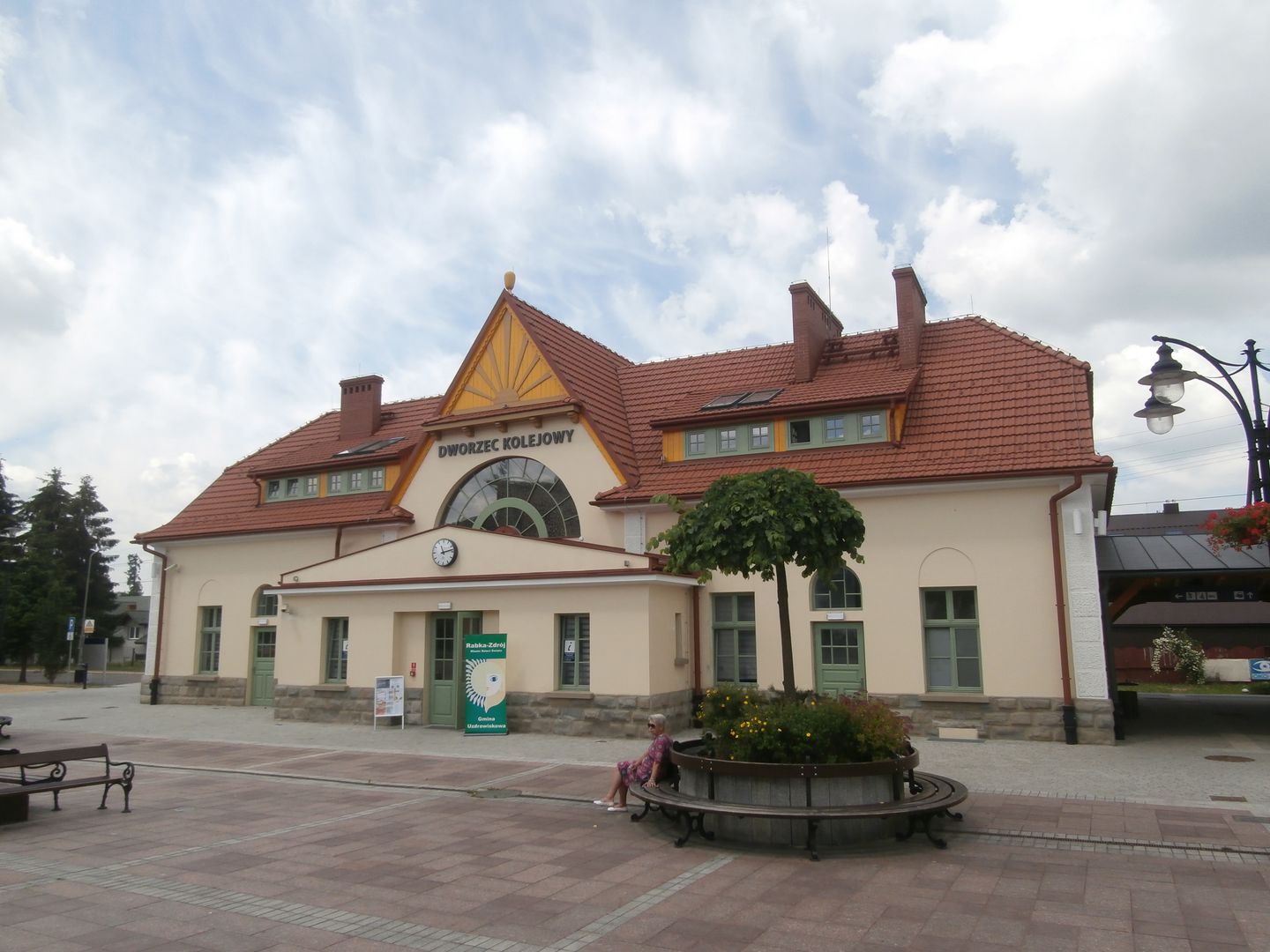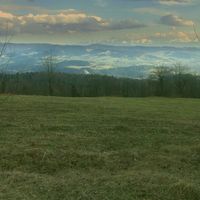Rabka-Zdrój
7.26

Overview
Rabka-Zdrój, a town in the Lesser Poland Voivodeship, is primarily known as a health resort that has been treating children’s respiratory and circulatory system ailments for over a hundred years. Rabka is home to nine mineral water springs, crucial for therapy, including iodine-chloride-sodium-bromide brines. The town has a long history, dating back to at least the 13th century, when its brine springs were first mentioned. Rabka-Zdrój developed as a healing destination, especially for children, which contributed to its popularity. Architecturally, it stands out with its 17th-century wooden church, which houses the Władysław Orkan Museum, a larch-built organist’s house, and many other religious buildings, such as the early 20th-century Parish Church of St. Mary Magdalene. Rabka is also a venue for numerous cultural attractions, such as the "Rabcio" Puppet Theater and the Museum of the Order of the Smile. In 1996, it was granted the title "City of the Children of the World," and the health resort park features a monument to John Paul II and a bench dedicated to the poet Antonina Zachara-Wnęk. Rabka also endured a tragic period during World War II when the Germans established a ghetto for Jews, and after the war, the town became a place for rehabilitating children traumatized by the war. Numerous cultural events and festivals, such as the International Festival of Children's Literature, have been organized here for years, and the Youth City Council actively engages in local community life. Rabka-Zdrój is also known for its beautiful hiking trails connecting it to nearby mountain ranges, making it an attractive destination for tourists seeking mountain hikes and health treatments.
Location
You can also find here:
2026 Wizytor | All Rights Reserved
